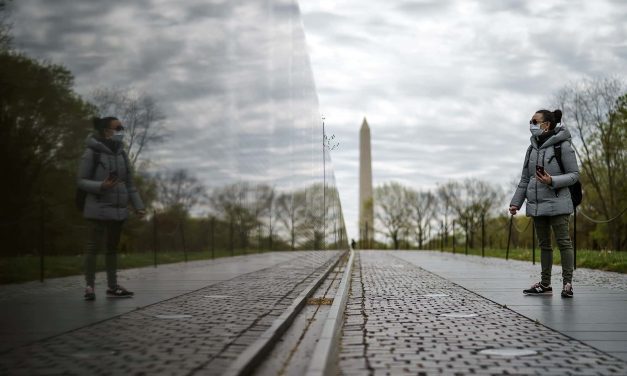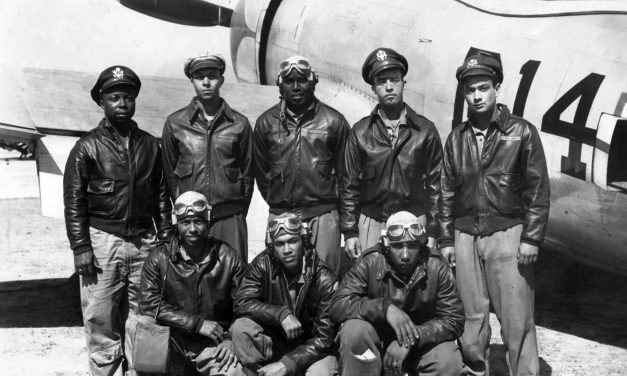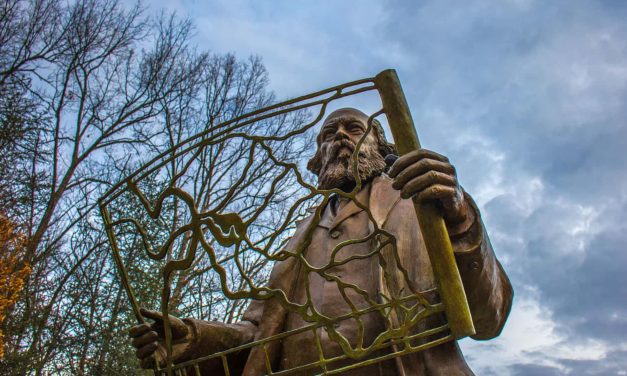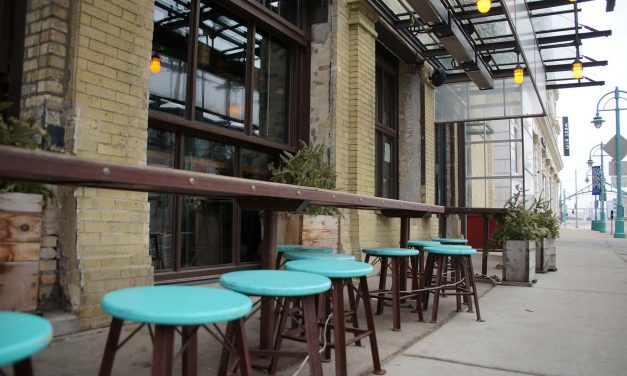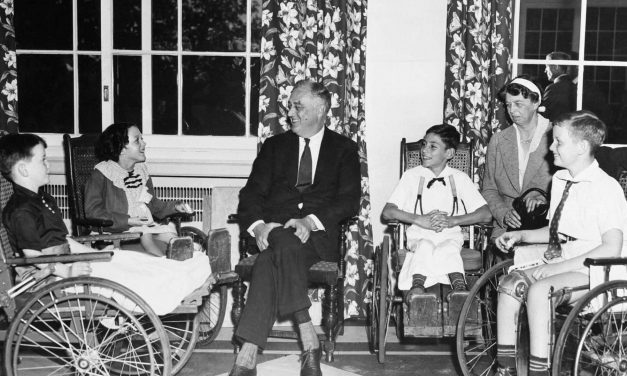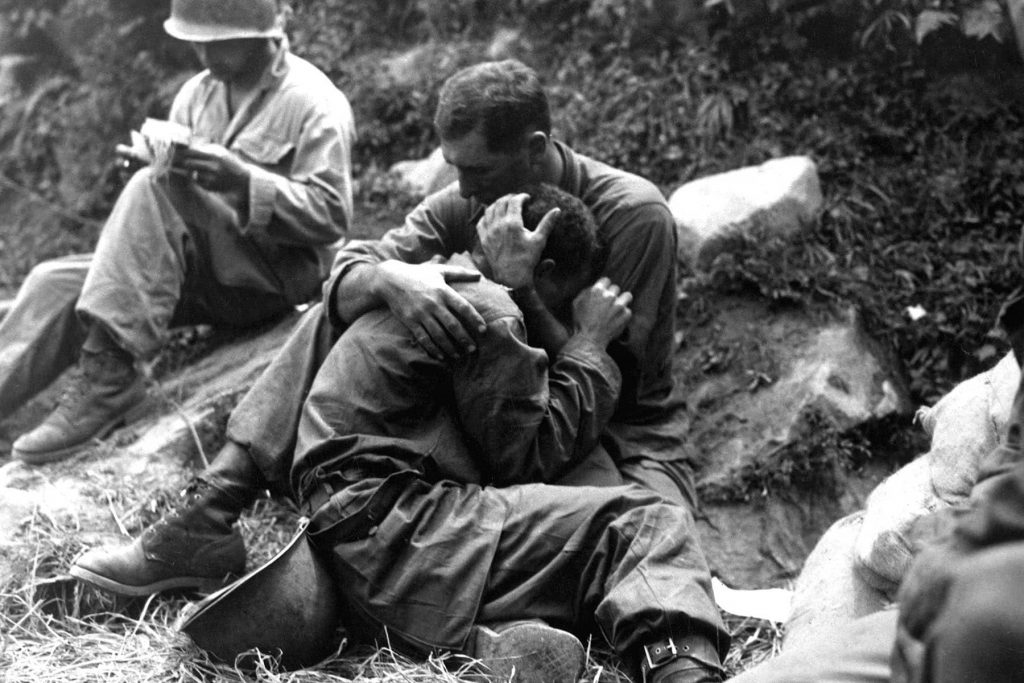From the Vietnam War to COVID-19: How “death by numbers” altered the way we mourn
By Shad Thielman, Lecturer in History, California State University San Marcos At some point in late April, COVID-19 claimed the life of its 58,221st victim in the United States. We do not know the victim’s name or the exact time of death, but the death was significant: It meant that the coronavirus had claimed more American lives than the entire Vietnam War. That conflict, which lasted from 1955 to 1975, resulted in the deaths of 58,220 Americans. COVID-19 surpassed that number in less than four months. Much like the nightly death counts that took place during the Vietnam era,...
Read More
